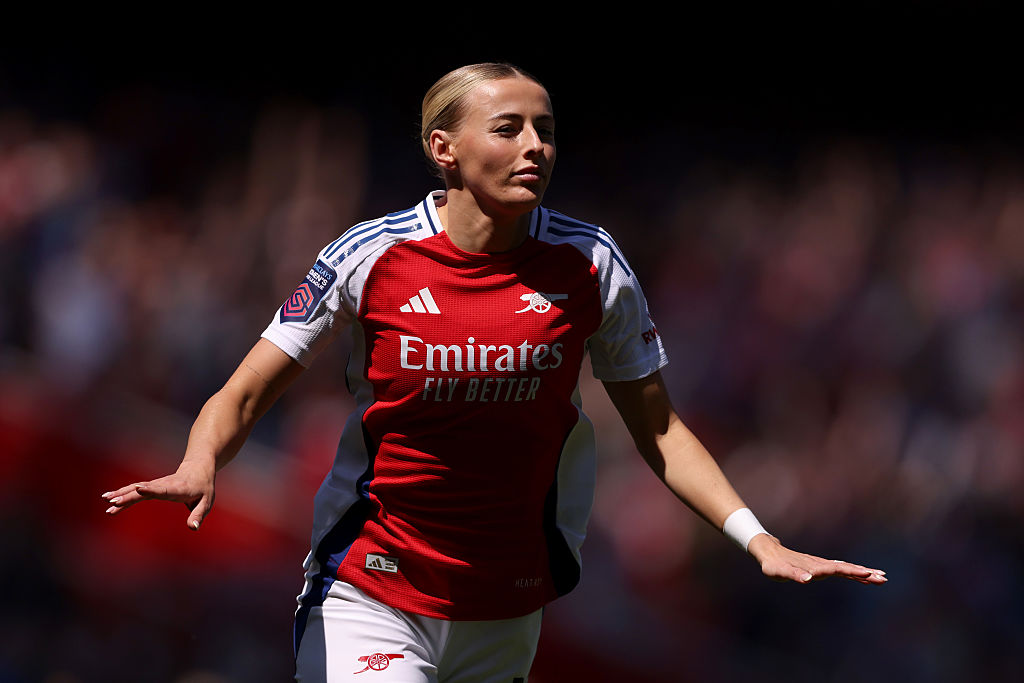Russian teams feeling pinch of global crisis
MOSCOW - The global financial crisis has forced many of Russia's professional sports teams to trim costs, bringing to a halt a spending spree that was fuelled by soaring oil and gas prices over the past few years.
Many of the country's top clubs in soccer, ice hockey and basketball are owned or sponsored by individuals or companies which have made their money from producing raw material such as oil and gas.
The crisis has forced big clubs to cut their budgets next year and threatened smaller ones with extinction unless they find other sources of income in the changing financial climate.
Premier League side FK Khimki are in danger of going out of business after the Moscow regional government, their main backers, said they were no longer able to support them.
Earlier this month, Khimki were told to merge with fellow Moscow region side FC Saturn to save costs, or face liquidation.
"Because of a tough economic situation...there is a need for a merger of the two teams," the region's governor said in a statement.
Both clubs have struggled this season.
Khimki sacked coach Sergei Yuran after narrowly avoiding relegation by finishing in 14th place while Saturn ended up 11th after coming fifth a year ago.
Get FourFourTwo Newsletter
The best features, fun and footballing quizzes, straight to your inbox every week.
"We must all understand the need for this decision, which will only help football in the Moscow region," said Saturn general director Boris Zhiganov.
The Russian FA said the merger would not be possible, however.
BIG SPENDERS
"There's no such thing as a merger of two separate clubs in our bylaws. If they (Moscow region) cannot support two clubs, one must be dissolved," said FA president Vitaly Mutko.
Khimki are not the only club feeling the squeeze.
Several other Premier League clubs, including big spenders Lokomotiv Moscow, have been forced to cut costs next year.
Lokomotiv boss Nikolai Naumov said his club, which is financed by state-owned Russian railways, would have to cut its $70-million budget by at least 20 percent in 2009.
City rivals Spartak, facing rebuilding after a disappointing season under new coach, former Denmark striker Michael Laudrup, were planning to start building a new stadium next year but have announced that construction will be delayed.
Another big Moscow club, CSKA, are looking for a coach after long-serving boss Valery Gazzayev quit this month, and also a sponsor to replace VTB, Russia's second largest bank, whose three-year, $33-million contract with the army team was expiring at the end of the year.
Even high rollers Zenit St Petersburg, who are backed by energy giant Gazprom and had the biggest budget in Russia at well over $100 million this season, have been forced to re-think their strategy for next year.
Zenit said this month they might also cut spending and delay the building of their new state-of-the-art stadium, a project costing more than $800 million.
If Khimki were to fold, their place in the top flight should go to KamAZ Naberezhnye Chelny, who finished third in the second division, behind Rostov and Kuban.
The team from the Volga region, however, said they would think
